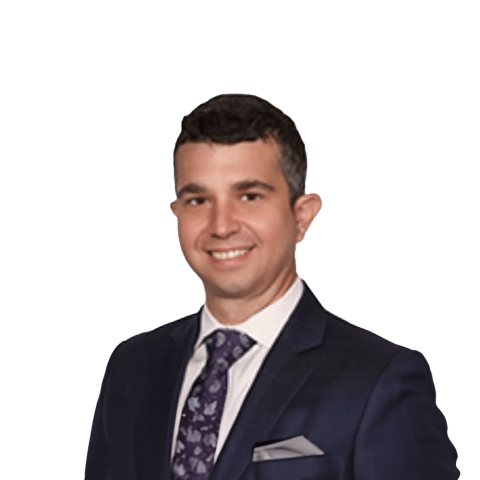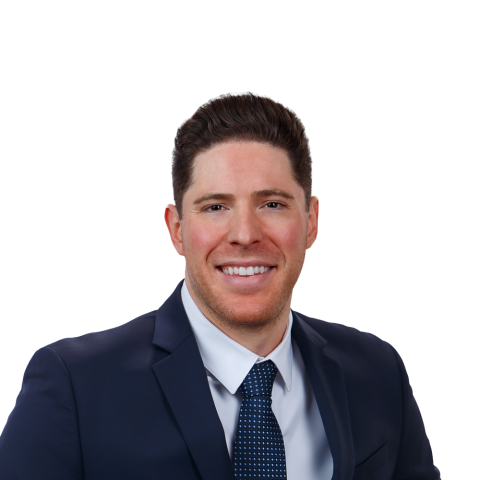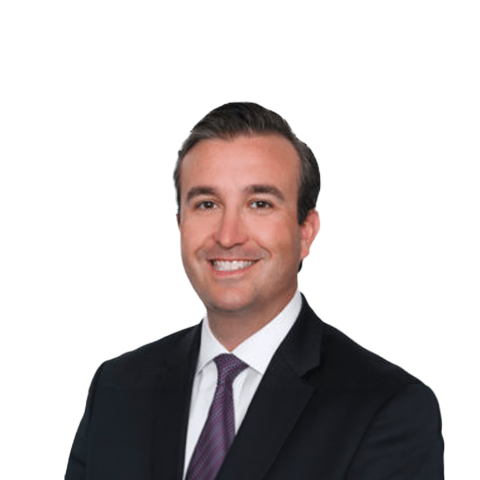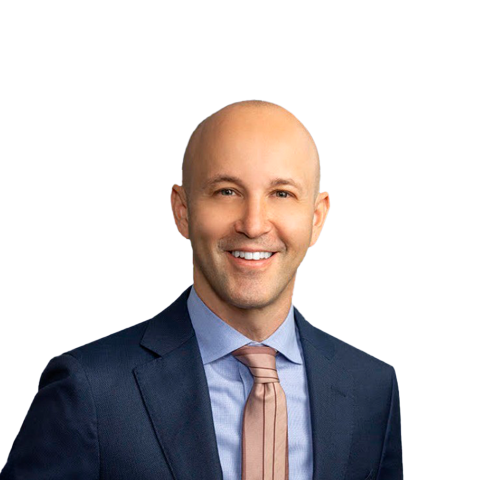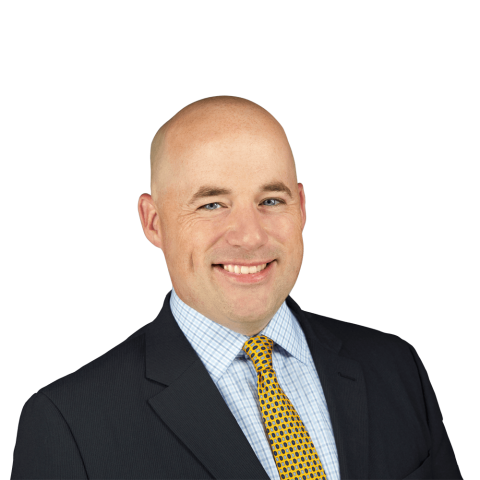Morgan & Morgan Philadelphia, LLC, A professional limited liability Company formed in the State of Florida. Results may vary depending on your particular facts and legal circumstances. The attorney featured above is licensed in Florida. For a full list of attorneys in your state please visit our attorney page.
Swimming Pool Accident Attorney in Philadelphia
Fighting for every client with the power of America's Largest Injury Law Firm.
Morgan & Morgan Philadelphia, LLC, A professional limited liability Company formed in the State of Florida. Results may vary depending on your particular facts and legal circumstances. The attorney featured above is licensed in Florida. For a full list of attorneys in your state please visit our attorney page.
Pennsylvania Personal Injury Lawyers
We’re proud to fight for our neighbors. Meet the attorneys from your community.
100,000+ Five Star Reviews
The reasons why clients trust Morgan & Morgan.
Based on select nationwide reviews.
Results may vary depending on your particular facts and legal circumstances.
Our Results
Results may vary depending on your particular facts and legal circumstances.
How It Works
Focus on your recovery. We'll take care of the rest.

Submit your free evaluation
Start your claim

Meet your legal team

We fight for more
Results may vary depending on your particular facts and legal circumstances. The attorneys shown in these photos may not be licensed in your state. To find an attorney licensed in your area, please visit our attorney page.
Local Care
Backed by America’s Largest Injury Law Firm.
$25 Billion
Recovered for clients
nationwide700,000+
Clients and families
served1,000+
Attorneys across
the country1
Click may change your life
The attorney featured above is licensed in Florida. For a full list of attorneys in your state please visit our attorney page.
Results may vary depending on your particular facts and legal circumstances.
Learn More
Injured and not sure what to do next? We'll guide you through everything you need to know.
Get answers to commonly asked questions about our legal services and learn how we may assist you with your case.
How Do Swimming Pool Accidents Occur?
Sometimes the cause of a swimming pool accident is directly related to some form of negligence on behalf of the property owner. There are laws that govern safety protocols for property owners with swimming pools, both public and private. When these laws aren't observed, the chances of injury or death are greatly increased. Here are some of the most common causes of swimming pool injuries:
Lack of supervision - A lack of qualified supervision is sadly very common, particularly when there are young children present. Lifeguards should be present and have undergone adequate training for this responsibility. So far in 2022, there has been a significant lifeguard shortage due to Covid shutdowns, which have been associated with many lifeguard-age workers going back to school or seeking employment in other industries. However, the shortage does not release property owners from the obligation to provide visitors with a safe environment.
Intoxication - The Centers for Disease Control and Prevention (CDC) lists alcohol as being a factor in about 70% of swimming pool fatalities. We have slowed reaction times when intoxicated, and judgment and reason are impaired. While no laws require pool goers to pass a sobriety test, a property owner may be negligent in their actions, increasing the chances of an accident. For example, suppose a hotel has a poolside bar, and patrons are served to the point of becoming dangerously inebriated. In that case, the hotel may have some liability for injuries or death resulting from overserving. Likewise, a property owner may have some responsibility in removing a guest that has lost control of their faculties regardless of whether they provided the alcohol or not.
Defective equipment - Pool and pool-related safety equipment should be running and functioning properly at all times to avoid injury. This can include gates, locks, pool filters, and drains. Gates and locks are essential to prevent unsupervised children from entering a pool area. Malfunctioning pool filters and drains can trap victims underwater with no way of escape resulting in internal injuries or even death. Likewise, malfunctioning electrical equipment around the pool can cause electrocution. In the event of defective equipment, it may not only be the property owner responsible. Defective equipment manufacturers have the potential for liability under defective product laws.
Damaged property - A pool and the area around it can be hazardous if damaged property is present and unaddressed. For example, a loose pool ladder could cause someone to slip and fall, or exposed bolts and metal could cut them. Old diving boards or damaged slides could break under the weight of an unsuspecting swimmer. Neglected floors surrounding the pool could cause a tripping hazard, resulting in broken bones or head injuries.
Lack of clear depth marking - Depth markers are critical for several reasons. One is to let weak swimmers know when they're in dangerous territory, and the other is to let divers know how deep the water is before plunging in. Catastrophic injuries such as paralysis and traumatic brain injuries are frequently associated with diving mishaps. Drownings can easily occur in water that is too deep for an inexperienced swimmer.
Poor lighting - A well-lit pool area can circumvent any number of needless accidents, such as a slip and fall, a diving injury, or a collision with pool structures like steps. Poor lighting can also interfere with rescue efforts should a swimmer need help.
Improperly maintained pools - While not specifically an "accident," dangerous germs and viruses that are allowed to build up in a pool can cause swimmers to become sick with an infection. While pool owners should take action to maintain proper chemical levels in their pool, one CDC study found that more than 10% of the public pools and water playgrounds that were inspected had dangerous violations of standards meant to protect the public and had to be immediately shut down. Most illnesses that result from poor pool maintenance are stomach, skin, ear, and respiratory problems. If you were at a pool and became sick with a surprise illness, it could be that poor disinfection is to blame.
What are Pennsylvania State and Local Pool Regulations?
The city of Philadelphia and Pennsylvania state recognize the need for pool safety regulations and have rules for both private and public pool owners.
In Philadelphia, residential and commercial in-ground and above-ground pool owners must adhere to the following safety regulations:
- Any body of water, including kiddie and inflatable pools more than 24" deep, must meet all requirements together with fencing
- Fencing must be at least 48" for the safety of children and animals who may attempt to access the pool
- Fencing must have 46" between the bottom and top rail to prevent climbing
- Installed gates must be self-closing and have an automatic latch
- Any entryway to the pool from the house must be alarmed
Who Is Liable for a Swimming Pool Accident in Philadelphia?
Determining liability for a swimming pool accident is the most critical aspect of a personal injury case. Every case is unique, which means each case will rely on the facts presented. Your Morgan and Morgan pool accident attorney will help to investigate the facts and gather evidence to support your claim. Depending on where the accident occurred, you may be able to file a claim or lawsuit against:
- The owner of a private or residential swimming pool
- A commercial pool owner who opens the pool to guests, such as an exercise facility, hotel, motel, or campground.
- Local or state entity that operates a public or school pool
- The entity in control of the pool at the time of the accident
- A manufacturer, designer, or retailer of a defective pool component or product
How Can Swimming Pool Accident Lawyers in Philadelphia Help Me Win My Case?
Proving negligence or reckless endangerment is central to any successful claim. To achieve this, we will work to demonstrate the following:
- The pool owner or operator owed a duty of care to you
- The pool owner or operator failed in that duty
- Their failure was directly responsible for your injury or harm
What Kind of Compensation Can I Get for a Swimming Pool Accident?
Whether making an insurance claim or pursuing a lawsuit, you may be entitled to recover damages for the following in a premises liability, personal injury, or wrongful death case:
- Medical expenses for treatment, current and future
- Lost wages for missed work as a result of the accident
- Pain, suffering, and mental anguish
- Long-term disability
- Supportive care expenses
- Cost of medically needed devices
- Expenses for changes you make to your home to accommodate a disability
- Loss of enjoyment of life
- Loss of consortium
The amount you may be awarded depends largely on the extent of your injuries. Generally, more serious injuries will require significant medical care and, thus, higher compensation. Damages for pain and suffering are usually quantified by the total medical expenses you incur. Another thing to consider when making a claim for a swimming pool accident is the entity that is responsible. For example, suppose your accident happened in a pool that is run by a municipality, the city, or the state. In that case, there is a cap for punitive damages. Still, punitive damages are only reserved for the most egregious sorts of negligence and are uncommonly awarded. When it is awarded, it can be significant.
How Can Property Owners Prevent Swimming Pool Accidents?
While not every swimming pool accident can be prevented, and not every accident warrants legal action, generally, property owners can take simple measures to protect others, such as:
- Providing safety equipment such as life jackets, life rings, and hooks to pull someone to safety
- Install adequate fencing to ensure children can't access the pool
- Install alarms on fence gates
- Keep the pool area clean, maintained, and clear of tripping hazards
- Do regular maintenance on the pool
- Clearly mark pool depth
- Ensure children are supervised at all times
- Prohibit diving
Contact Morgan and Morgan's Personal Injury Lawyers for a Free Case Evaluation
As swimming pool accident lawyers in Philadelphia, we're acutely aware of the kind of trauma this sort of accident can cause to victims and their families. The consequences are often devastating, which is even more aggravating when an injury would have been preventable if the duty of care had been upheld.
Premises liability claims in Pennsylvania often require the help of an expert to establish the property owners failed in their legal duty to ensure the safety of guests and visitors. We understand that our clients need to get the maximum compensation possible so they can acquire the medical treatment they need and have something to show for the pain and suffering they've endured. We also realize that with a significant settlement or judgment, our clients may also feel like justice was served. Again, that's the main reason why Morgan and Morgan Law Firm was founded. When regular people are facing big-time corporate insurance companies and their lawyers, it can feel like David versus Goliath. We like to think we even out the playing field and give our clients a significant chance at recovering fair compensation for others' negligent actions.
Don't hesitate to reach out for a free case evaluation. We're available 24/7. If we don't win, you don't pay.










